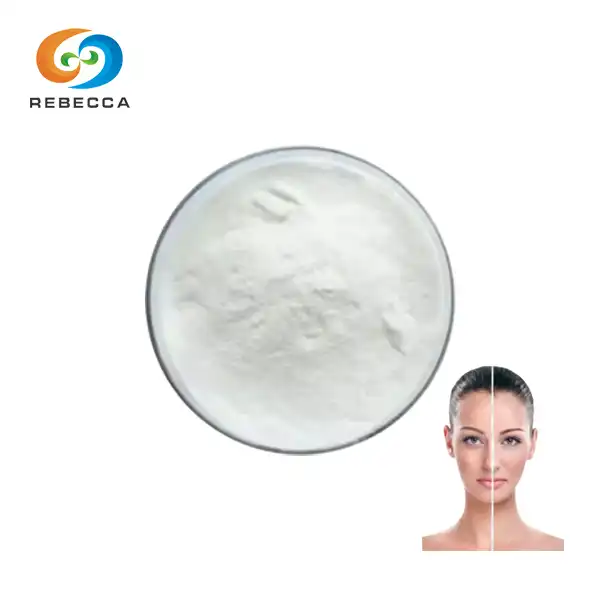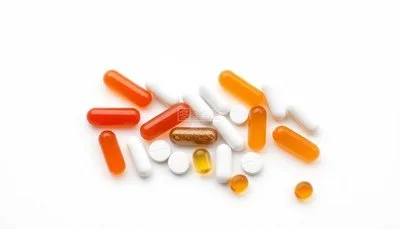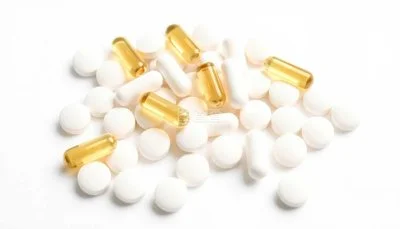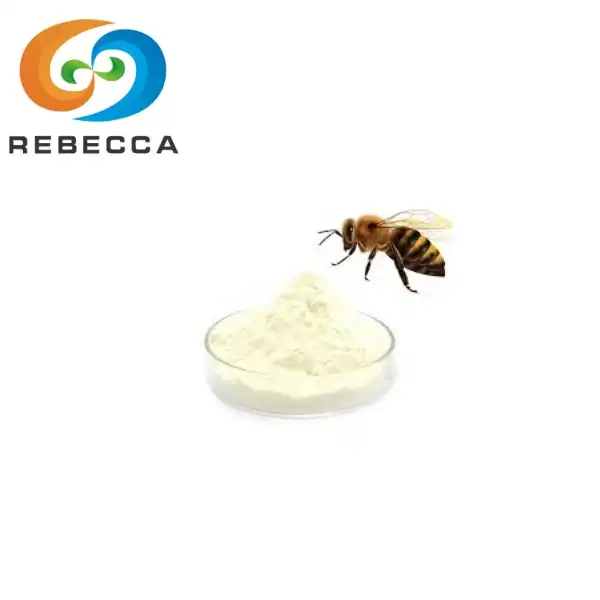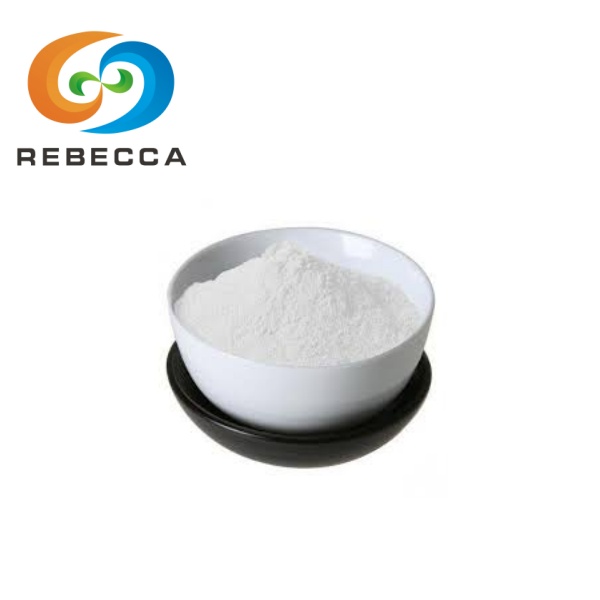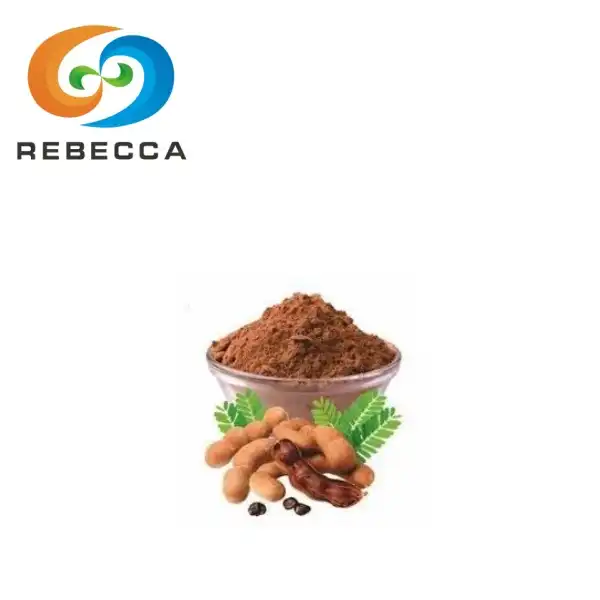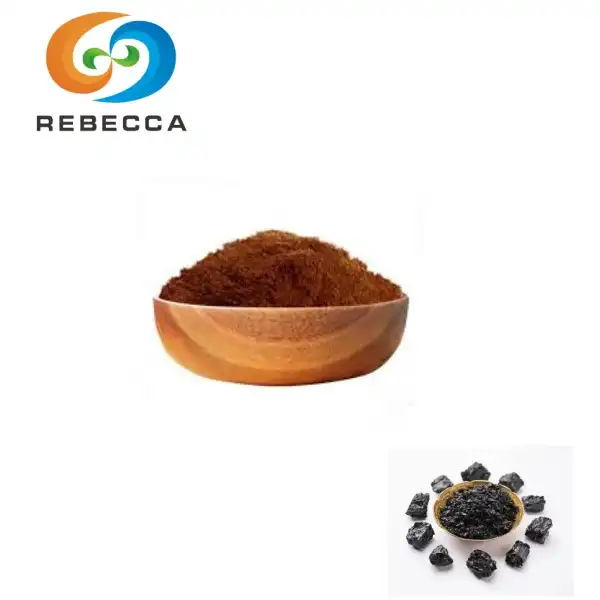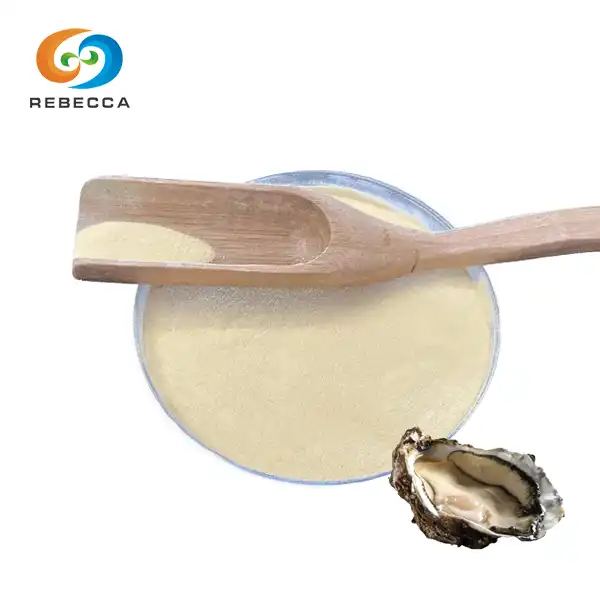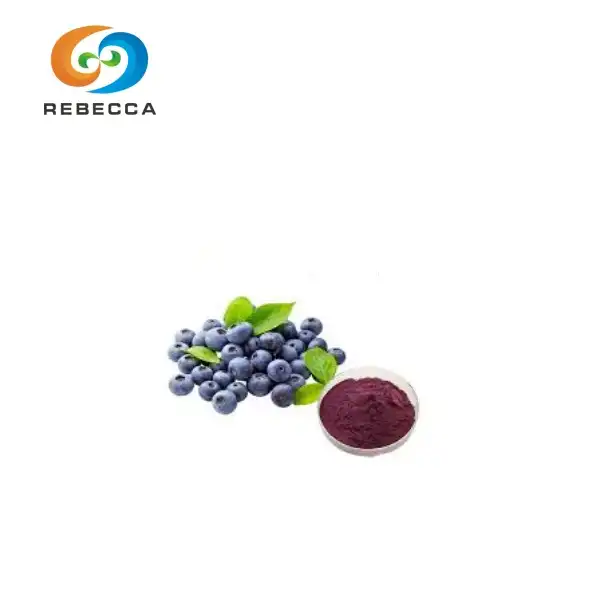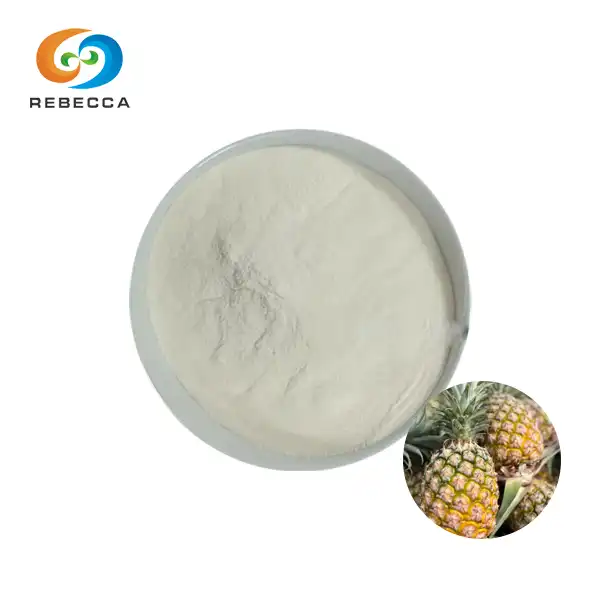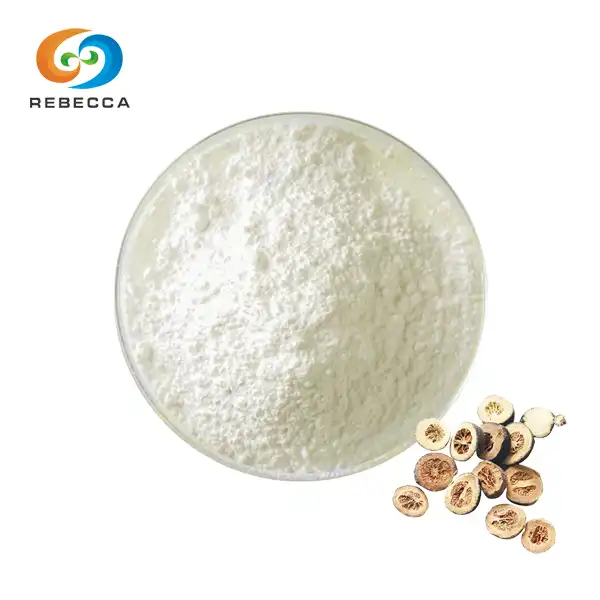Common Interactions to Avoid with Glutathione Powder
When incorporating glutathione powder into your health regimen, it's crucial to be aware of potential interactions with other substances. These interactions can affect the efficacy of glutathione or lead to unwanted side effects.
Medications and Glutathione
Certain medications may interact with glutathione supplements, potentially altering their effectiveness or leading to unexpected side effects. Glutathione can influence how the body metabolizes drugs, which may either enhance or reduce their impact. Consulting a healthcare professional helps ensure safe and effective use when combining glutathione with any prescribed treatments. especially:
- Acetaminophen (Tylenol): Glutathione plays a critical role in detoxifying acetaminophen in the liver. Supplementation may alter how the body metabolizes this drug, potentially impacting its safety or effectiveness.
- Chemotherapy drugs: Some chemotherapy treatments rely on oxidative stress to kill cancer cells. Glutathione's antioxidant properties might reduce this oxidative damage, potentially decreasing the efficacy of certain anticancer medications.
- Immunosuppressants: Glutathione is known to support immune system function. When taken alongside immunosuppressive drugs, it may reduce their intended effects, possibly leading to diminished control over immune-related conditions
Supplements and Glutathione
While glutathione powder can complement many other supplements, it's important to consider potential interactions and individual health needs before combining them. some combinations require caution:
- Milk thistle: This herb may enhance glutathione production in the body, potentially leading to excessive levels that could disrupt the delicate balance of antioxidants and cause unintended health effects if not monitored properly.
- Vitamin C: High doses of vitamin C might interfere with glutathione absorption by competing for similar transport pathways, which could reduce the effectiveness of both antioxidants when taken simultaneously in large quantities.
- N-acetyl cysteine (NAC): This precursor to glutathione should be used cautiously in combination with glutathione supplements, as excessive intake may overstimulate the antioxidant system and lead to imbalances in oxidative stress regulation.
Alcohol and Glutathione
Alcohol consumption can deplete glutathione levels in the body by increasing oxidative stress and impairing liver function, which are both closely linked to glutathione metabolism. While taking glutathione supplements might seem beneficial for individuals who regularly consume alcohol, it's crucial to address the root cause of depletion. Moderating alcohol intake remains the most effective strategy, as relying solely on supplementation cannot fully compensate for the damage caused by excessive alcohol use.

Foods and Habits That May Affect Glutathione Absorption
The effectiveness of glutathione supplementation can be influenced by various dietary factors and lifestyle habits. Understanding these influences can help optimize the benefits of glutathione powder.
Dietary Considerations
Certain foods and dietary habits may impact glutathione absorption and utilization:
- Processed foods: High consumption of processed foods can deplete glutathione levels.
- Sulfur-rich foods: While beneficial for natural glutathione production, consuming these in excess alongside supplements may lead to gastrointestinal discomfort.
- Dairy products: Some studies suggest that excessive dairy intake might interfere with glutathione absorption.

Lifestyle Factors
Various lifestyle choices can affect the body's glutathione levels and the effectiveness of supplementation:
- Smoking: Tobacco use significantly depletes glutathione levels and may counteract the benefits of supplementation.
- Lack of sleep: Chronic sleep deprivation can lower glutathione levels in the body.
- Excessive exercise: While moderate exercise is beneficial, overtraining can deplete glutathione stores.

Environmental Factors
Environmental toxins and stressors can impact glutathione levels:
- Pollution: Exposure to environmental pollutants can deplete glutathione stores.
- UV radiation: Excessive sun exposure can lower glutathione levels in the skin.
- Pesticides: Regular exposure to pesticides may interfere with glutathione function.

Tips for Safe Use of Glutathione Powder Supplements
To ensure the safe and effective use of glutathione powder supplements, consider the following guidelines:
Proper Dosage and Timing
Adhering to recommended dosages is crucial for maximizing benefits and minimizing potential side effects:
- Start with a low dose: Begin with the lowest effective dose and gradually increase if necessary.
- Timing matters: Take glutathione on an empty stomach or as directed by a healthcare professional.
- Consistency is key: Regular, consistent supplementation is often more effective than sporadic high doses.
Quality and Purity Considerations
The efficacy and safety of glutathione supplements largely depend on their quality:
- Choose reputable brands: Opt for glutathione powder from trusted manufacturers with quality certifications.
- Check for purity: Look for products with high purity levels, ideally ≥98% as indicated in product specifications.
- Storage matters: Store glutathione powder in a cool, dry place away from light to maintain its potency.
Monitoring and Professional Guidance
Regular monitoring and professional advice are essential for safe long-term use:
- Regular check-ups: Monitor your health and glutathione levels through periodic medical check-ups.
- Consult healthcare providers: Seek advice from healthcare professionals, especially if you have pre-existing conditions or are taking medications.
- Be aware of side effects: Watch for any unusual symptoms and discontinue use if adverse effects occur.
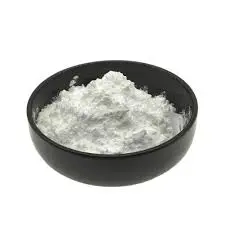
Conclusion
While glutathione powder can offer significant health benefits, it's crucial to approach its use with caution and awareness. By understanding what to avoid and how to use it safely, you can maximize the potential benefits of this powerful antioxidant. Remember, individual responses to supplements can vary, so it's always best to consult with a healthcare professional before starting any new supplement regimen. For more information on high-quality glutathione powder and its applications, feel free to contact us at information@sxrebecca.com.
_1730691017423.webp)




